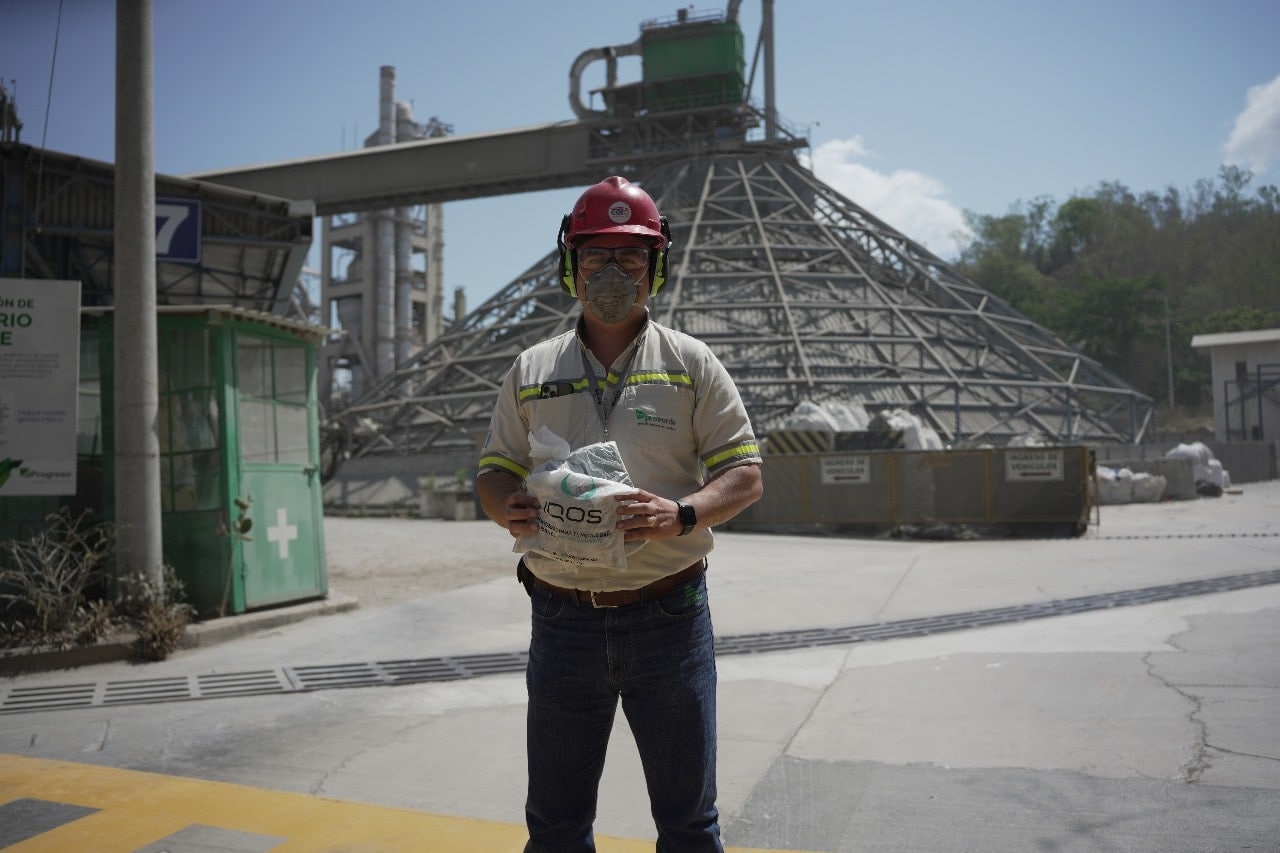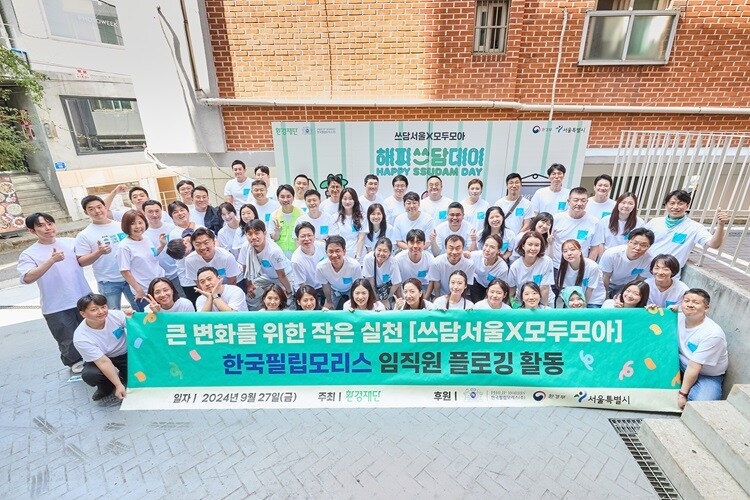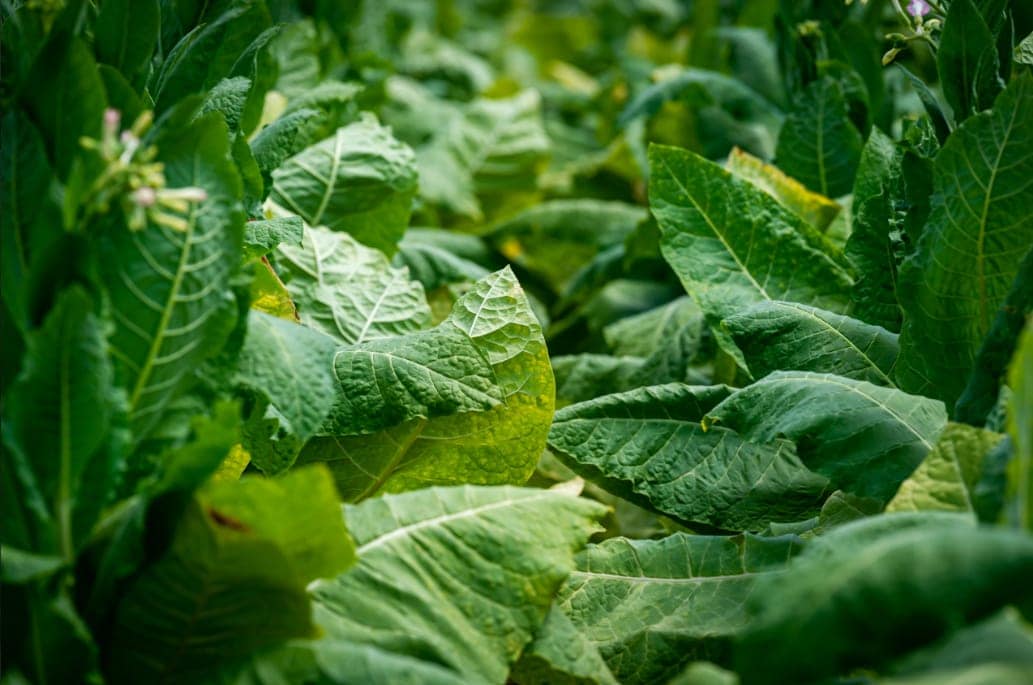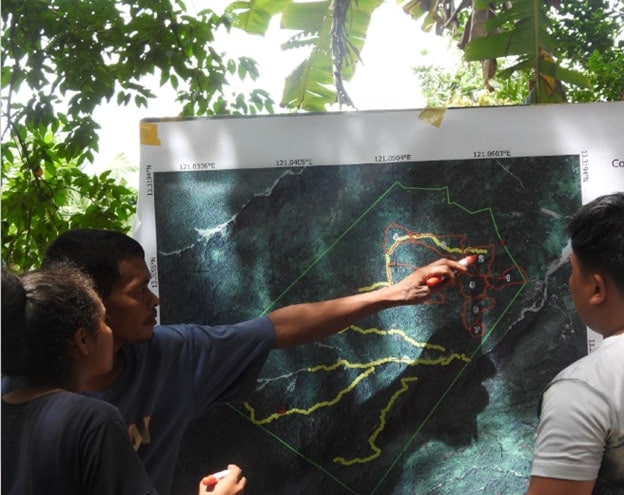In a country where formal recycling programs are limited and awareness of environmental care remains low, TACASA—PMI’s affiliate in Guatemala—is charting a new path. While everyday materials like organic waste, plastic, and glass are sometimes recycled, electronic devices and tobacco-related waste often go unaddressed. As smoke-free products gain traction in the country, so too does the need for new infrastructure and habits to ensure their responsible disposal.
With the growth of PMI’s smoke-free business, our company also seeks to prevent littering behaviors inherited from smoking. Efforts to address this challenge focus on raising awareness and encouraging responsible disposal after use. Around the world, PMI affiliates implement end-of-life take-back programs that offer consumers simple and convenient ways to return used consumables for adequate waste management.
A local movement, aligned with a global vision
In Guatemala, TACASA launched a dedicated program in 2017 that was later branded as Guate Sin Desechos (“Waste-Free Guatemala”). It is a pioneering initiative aimed at addressing the post-consumer waste of our smoke-free consumables, HEETS and TEREA, and promoting their responsible disposal. What started as a small-scale recycling partnership with CentraRSE (WBCSD / Global Network Guatemala), Guatemala’s leading corporate social responsibility network, has since evolved—engaging business partners, NGOs, and consumers to collectively advance a culture of sustainability.
TACASA’s local efforts are part of PMI’s broader aspiration: To have 80 percent of shipment volumes covered by markets with end-of-life take-back programs for smoke-free consumables. As smoke-free alternatives replace cigarettes, tackling the risk of inherited littering behaviors has become central to PMI’s sustainability strategy—emphasizing awareness, education, and accessible recycling solutions around the world.
Video: Guate Sin Desechos’ video on the process of recycling smoke-free consumables (Spanish with English subtitles)
A comprehensive approach to recycling
Guate Sin Desechos invites local business partners to join in promoting the proper collection and recycling of their products. This shared vision seeks to expand opportunities for post-consumer waste management for consumers, companies, and institutions alike, with the aim of making sustainability an integral part of the country’s culture. With this initiative, users of PMI’s smoke-free products in Guatemala can now actively contribute to their proper collection and recycling.
It starts with legal-age users receiving free biodegradable bags with their purchase at most IQOS direct point of sales in Guatemala. Developed by plant-based packaging company Biorgani, the bags make it easy to collect used smoke-free consumables, which can then be returned to collection bins conveniently located at the same stores.
From there, TACASA has built a strong network of specialist partners to help with the recycling process. One partner, Ecotermo, specializes in the collection, storage, and transportation of smoke-free consumables waste.
Another partner, Proverde, a business unit of Progreso, is a leading company in the production and commercialization of cement and construction materials, and it transforms tobacco rods into alternative energy. This end-to-end system has made Guatemala the first country to pilot cornstarch-based return bags for tobacco sticks—an innovation born from extensive testing and collaboration.
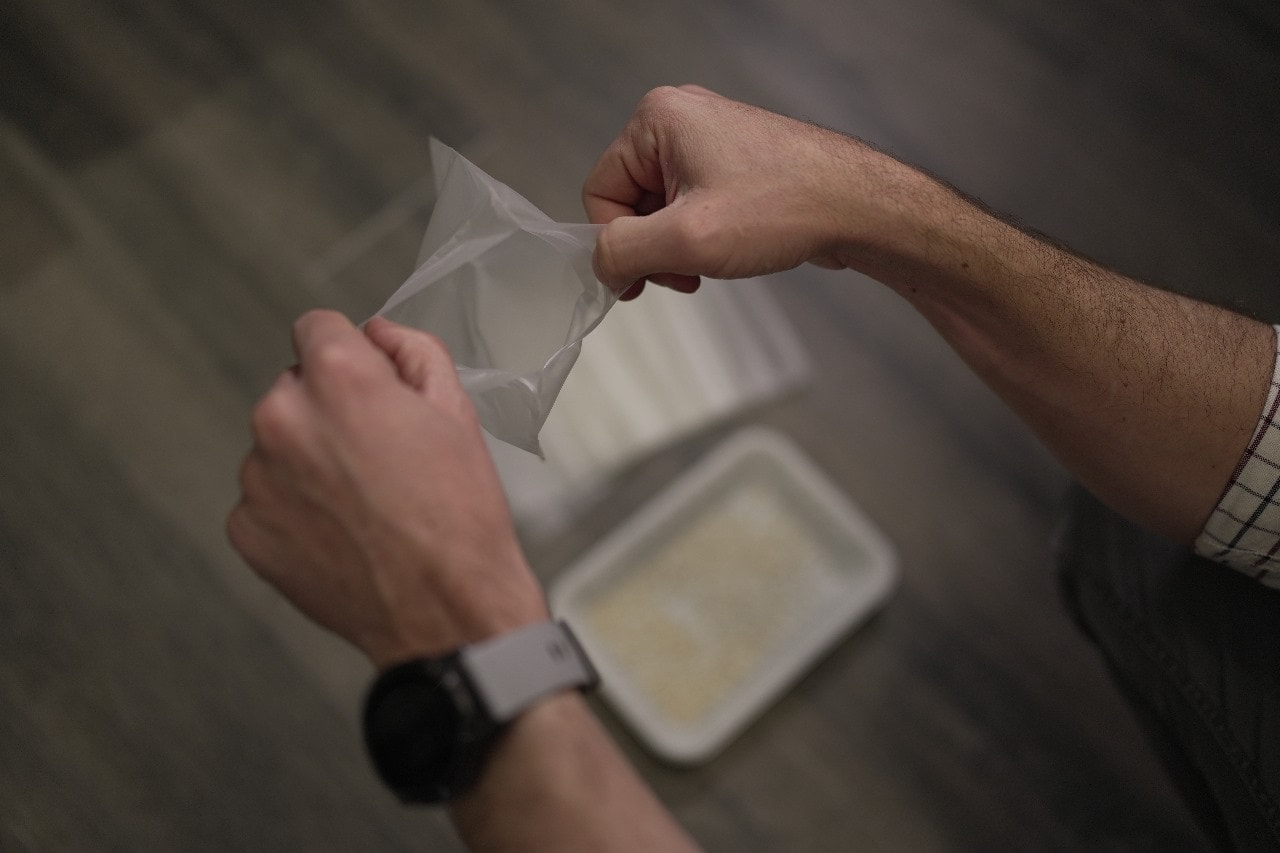
Image: Cornstarch-based return bag for heated tobacco consumables
Extending the life of our IQOS and VEEV devices
In addition to the take-back program for smoke-free consumables, Guate Sin Desechos introduced a recycling initiative for smoke-free devices in 2019. This program allows users of IQOS, lil, and VEEV to return their devices to designated collection points when they are no longer in use or need replacement. Another TACASA partner, E-Waste from Guatemala, collects and recycles the device components (performing a certified dismantling process), sending them to different destinations, including the U.S., for industrial recycling so that they can be transformed into raw materials.
“We are grateful to each and every one who has been a pillar and strategic ally since the beginning of this project in 2019,” said Ayleen Rodriguez, TACASA’s External Affairs Manager for Guatemala. “They will always hold a special place, as without them, what Guate Sin Desechos is today would not have been possible. We make a special mention of our ally E-Waste from Guatemala, which was always committed and dedicated to this project until 2025. We deeply appreciate their valuable contribution to this program, which aims to continue building a smoke-free future.”
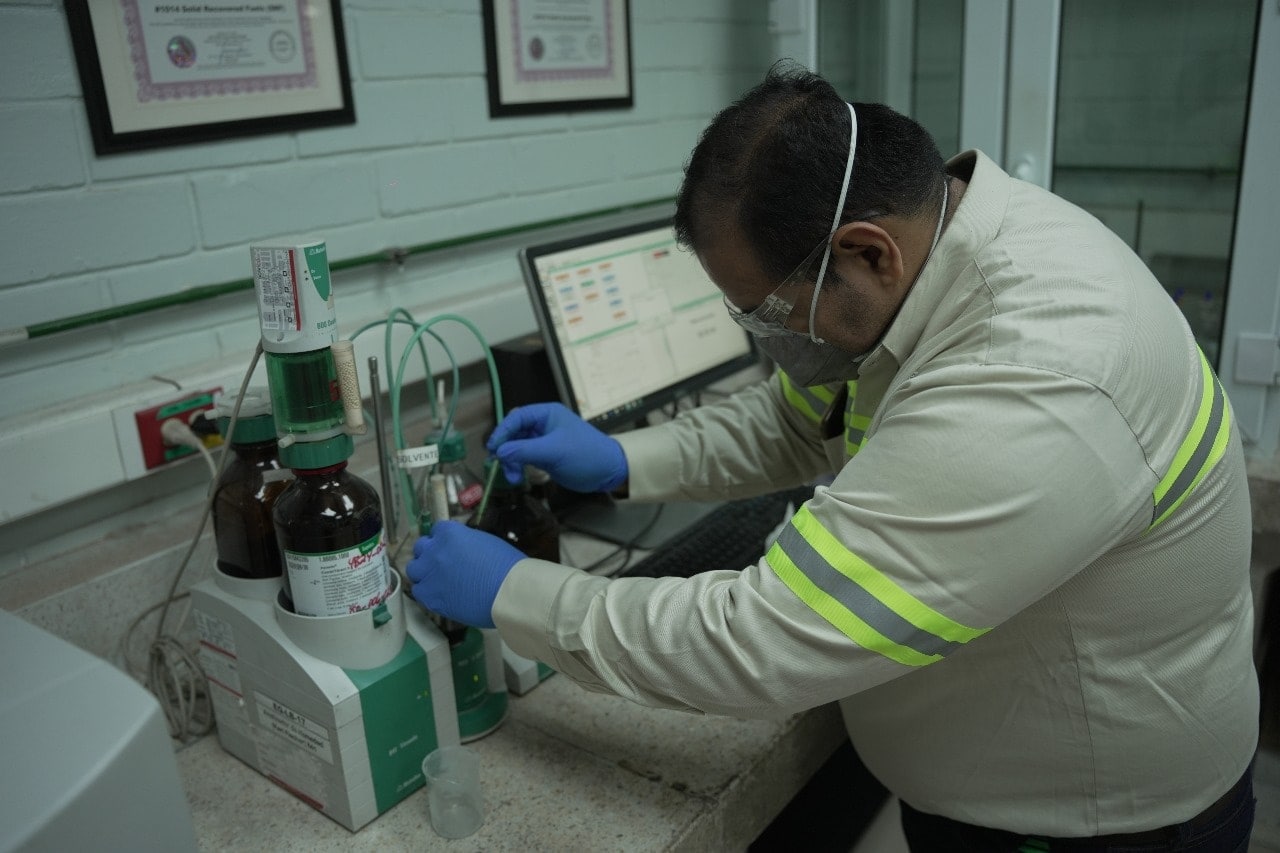
Image: Employee analyzing recycled material
Making recycling the easy choice
“Guate Sin Desechos shows what’s possible when we make recycling accessible and intentional,” said Andrea Orantes, TACASA’s General Manager. “By offering consumers simple, convenient ways to return their used sticks and devices, we are not only contributing to address waste—we aim to encourage new behaviors and a culture of responsible disposal of our smoke-free consumables.” You can learn more about recycling points via the Guate Sin Desechos website.
Strength in collaboration
A structured pilot phase was crucial for understanding user reactions and gathering feedback. This step allowed TACASA to test assumptions, gather user feedback, and adapt the program—such as expanding the collection points and engaging with the right partners.
One of the program’s biggest lessons has been the value of partnerships. Working with CentraRSE and other organizations has helped build awareness and credibility among legal-age adult users, while strengthening reach and effectiveness.
Today, “Guate Sin Desechos” serves as a model for what can be achieved when public, private, and civil society sectors align around a shared goal. As Juan Pablo Morataya, Executive Director of CentraRSE, puts it, “this is a landmark movement. It shows that unity is strength—especially when it comes to environmental progress.”
TACASA’s vision is to continue expanding “Guate Sin Desechos” across Guatemala, incorporating new products as they are launched in the market, and inviting more companies and institutions to partner in this endeavor. By fostering open dialogue between the public and private sectors, the program seeks to promote meaningful change in post-consumer waste management in Guatemala—one stick—and one partnership—at a time.

